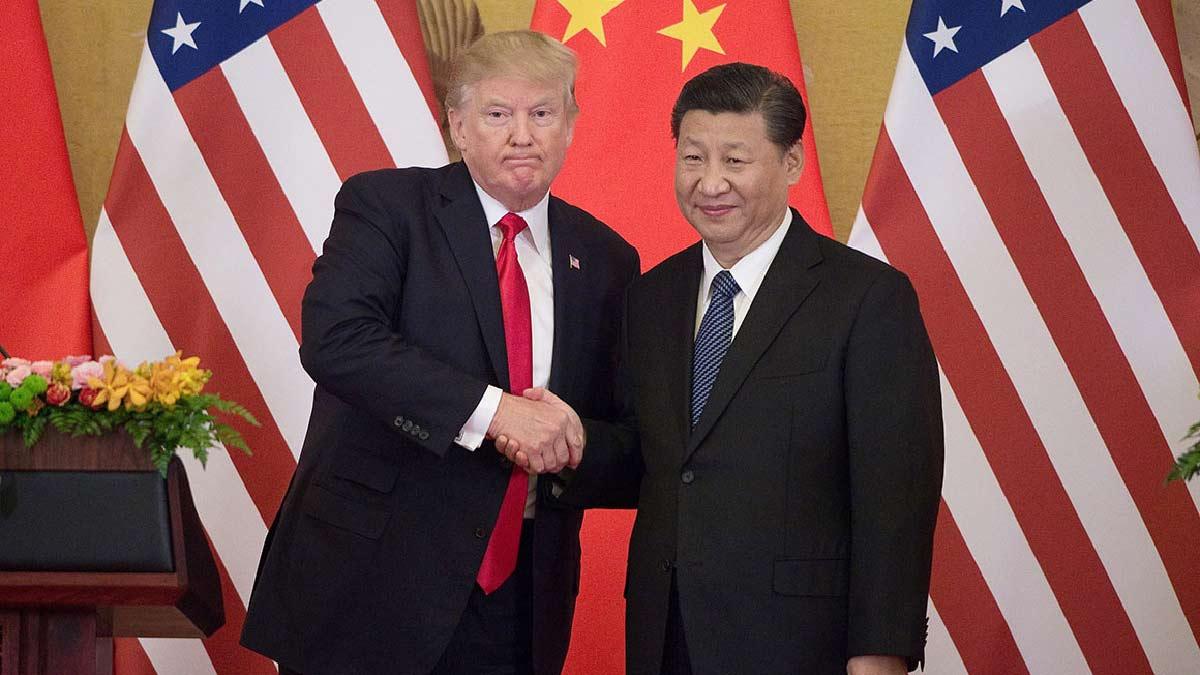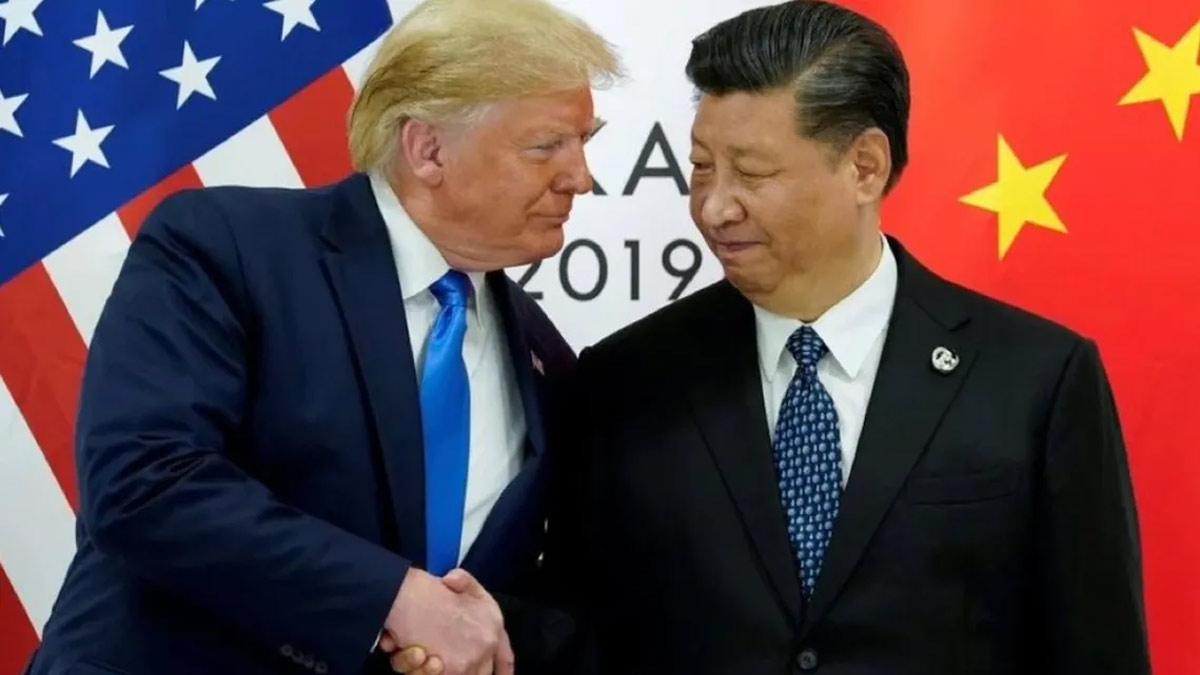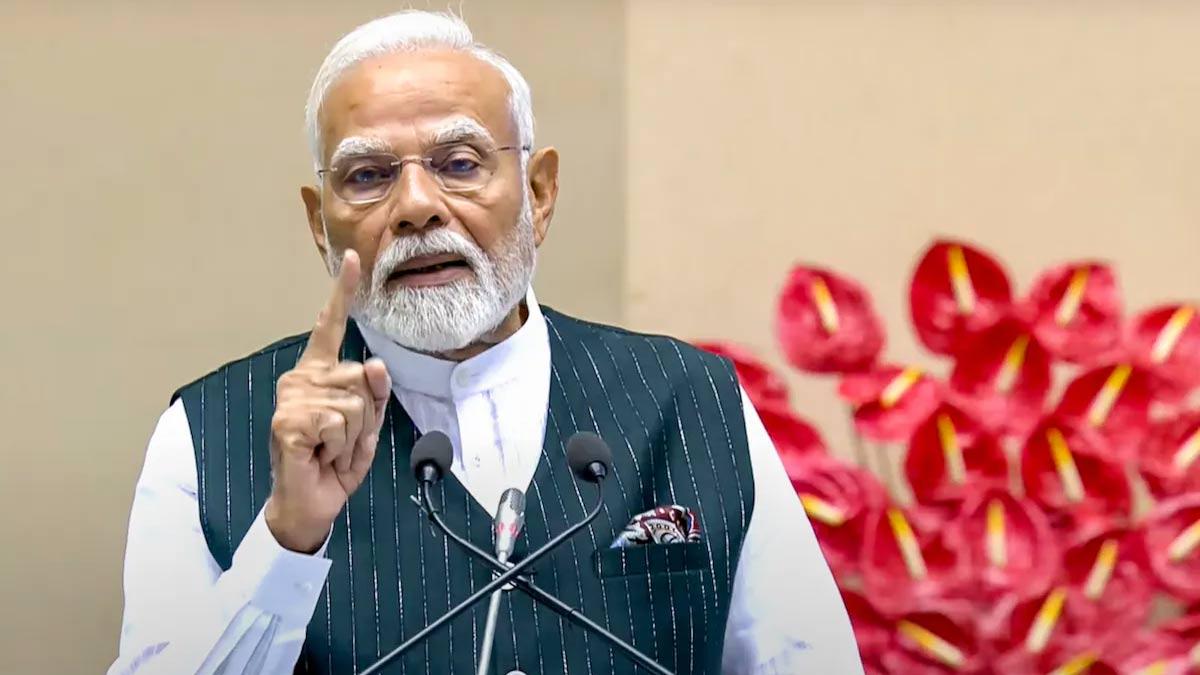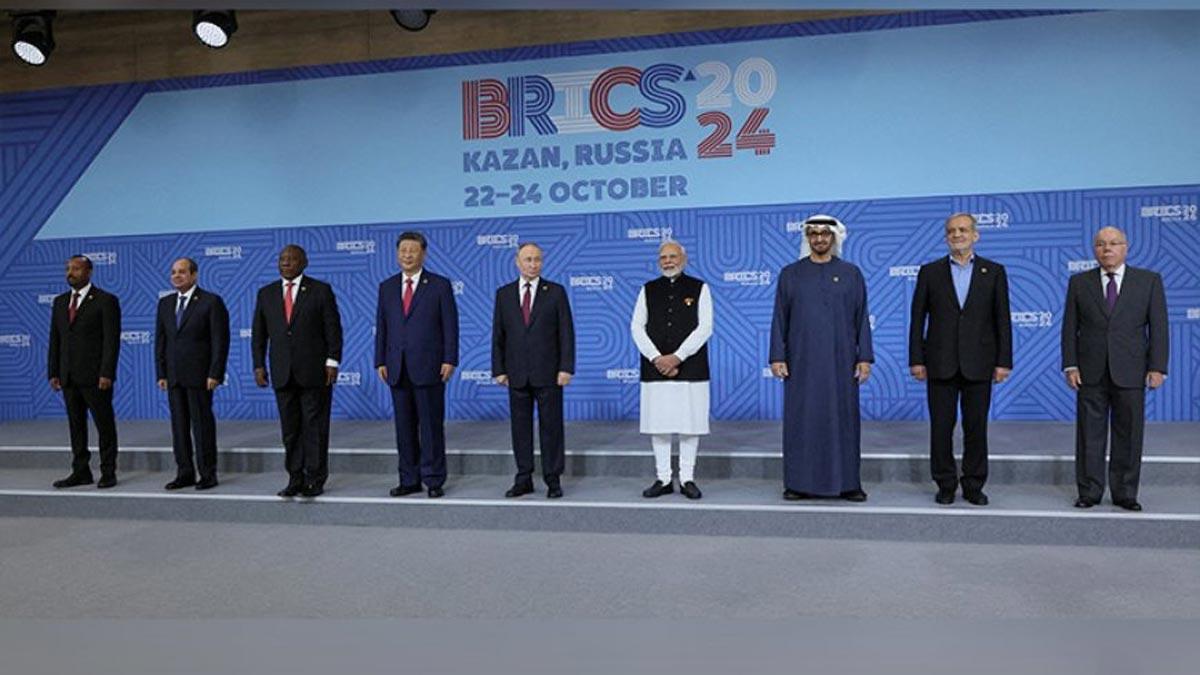In a sharp escalation of trade tensions, China said that it will begin imposing tariffs up to 84% on an extensive range of US imports Thursday, as a statement issued by the nation's finance ministry shows.
The step is a response to US President Donald Trump's blanket 104% tariff on Chinese products that came into force early Wednesday US time.
The Chinese government described its response as both "resolute and forceful," indicating no willingness to retreat in what is swiftly becoming an all-out trade standoff between the world's two greatest economies.
At a press conference, Chinese Foreign Ministry spokesman Lin Jian made a sharp denunciation of Washington's tariff policies, stating that "China continues to take firm and resolute measures to safeguard our legitimate rights and interests." He also referred to the US as a "tool of coercion" using tariffs and criticized so-called "bullying and hegemonic acts."
Earlier in the day, China took its case to the World Trade Organization (WTO), warning that Trump’s latest round of duties jeopardizes the global trade system. “This situation has dangerously escalated,” Beijing’s statement to the WTO read. “China expresses grave concern and firm opposition to this reckless move.” The statement added that such tariffs could backfire, hurting US industries and undermining multilateral trade principles.
The Making of a Modern Trade War
The latest round is part of a tit-for-tat tariff war that has escalated across Trump's second term. What started with a 34% US tariff was promptly reciprocated by China. Washington has since kept ratcheting up duties—adding 50% more over recent months—culminating in the eye-popping 104% rate currently in effect.
The Trump administration says the tariffs are justified by China's accused role in illegal immigration networks and the opioid crisis, pointing to Beijing's inability to prevent fentanyl from making it to US shores. Trump imposed a blanket 10% tariff on Chinese imports in February; by March, that rate had doubled.
Economic Fallout Looms
Economists are sounding alarm that the trade war would have severe worldwide implications. Since China sent $439 billion worth of products to the US last year and took in only $144 billion in US products, new tariffs are projected to rattle supply chains, increase consumer prices, and possibly instigate layoffs in several sectors in both countries.
By the end of Trump's first term, the average US tariff on Chinese goods had spiked to 19.3%, as calculated by the Peterson Institute for International Economics. The Biden administration continued largely to enforce those tariffs, pushing the average to 20.8%—but Trump's second-term actions now boost that total to record-breaking levels.
Analysts say the dispute is racing toward what they term as an "unmanaged decoupling" of trade between US and China. If this occurs, it may have the potential to destabilize world markets, which had only recently started to indicate a recovery after decades of pandemic-induced volatility.
Read also| Banned from the US: Visa and Residency Denied If You Commit This Offense
Read also| Bangladesh: BNP Accuses Yunus of Plotting Deliberate Delay in Parliamentary Elections


















